Steam 설치
로그인
|
언어
简体中文(중국어 간체)
繁體中文(중국어 번체)
日本語(일본어)
ไทย(태국어)
Български(불가리아어)
Čeština(체코어)
Dansk(덴마크어)
Deutsch(독일어)
English(영어)
Español - España(스페인어 - 스페인)
Español - Latinoamérica(스페인어 - 중남미)
Ελληνικά(그리스어)
Français(프랑스어)
Italiano(이탈리아어)
Bahasa Indonesia(인도네시아어)
Magyar(헝가리어)
Nederlands(네덜란드어)
Norsk(노르웨이어)
Polski(폴란드어)
Português(포르투갈어 - 포르투갈)
Português - Brasil(포르투갈어 - 브라질)
Română(루마니아어)
Русский(러시아어)
Suomi(핀란드어)
Svenska(스웨덴어)
Türkçe(튀르키예어)
Tiếng Việt(베트남어)
Українська(우크라이나어)
번역 관련 문제 보고


 United Kingdom (Great Britain)
United Kingdom (Great Britain) 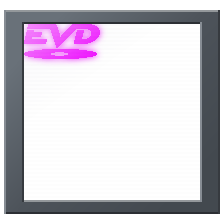








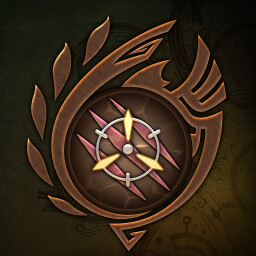
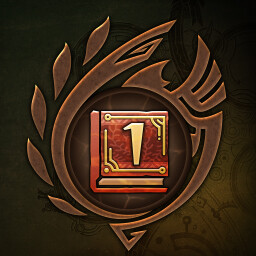
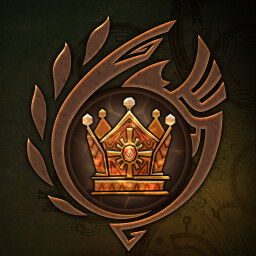
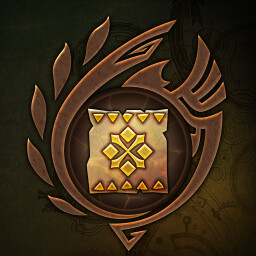
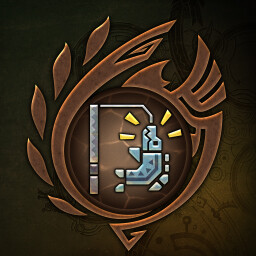

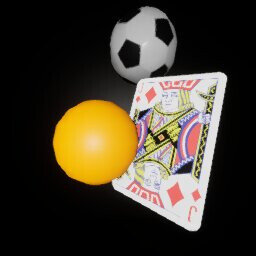





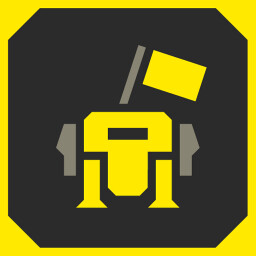



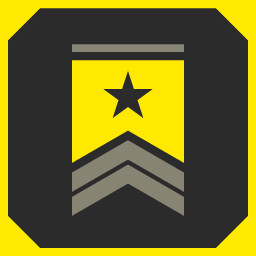
In cases where you’re speaking to someone of higher status, you should never refer to them with the Korean word for “you,” and you should never use their name. Instead, you’ll want to use an honorific with them. Oppa is one of these potential honorifics.
The most important thing to be aware of is who is higher than you in status. If you’re the big dog, you can get away with more, so it’s not quite as important to worry about those lower in status than you.
One thing to keep in mind when thinking about the meaning and usage of oppa, is that hierarchies are exceptionally important in Korea. You see, Korea was heavily influenced by Chinese Confucianism.
In fact, they were so enamored with the idea that it’s widely thought that Koreans are even more Confucian than the very progenitors, the Chinese themselves.